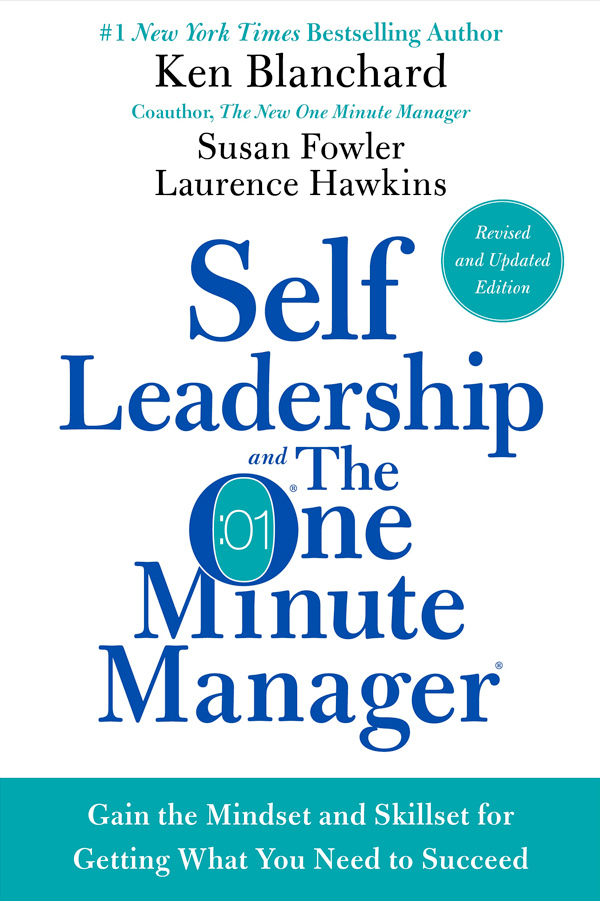Book Notes

This is one of the first books I read in the leadership or personal growth category. It was a great intro to that type of learning for me. For some, the teaching-by-parable approach may feel cheesy. I don’t mind it, though, so I enjoyed the book. That said, the concepts and lessons of this book are very easy and quick to consume and understand. That is to say, the story isn’t a necessity to consider the ideas. It’s one of the shortest books you’ll find on the topic, though. So I think it’s still worth the read even if parables aren’t really your thing.
There are three main things you’ll get from this book: considering and challenging assumed constraints, learing about what the authors call “points of power,” and the importance of being proactive. Additionally, the authors talk about how to use these things to take initiative when you’re not officially in charge.
This book is an easy recommendation for me. I believe everyone has something they can either learn or be reminded of in this short book. Ken Blanchard’s books are almost always short reads with a focus on a few key concepts. I’ve learned a lot from him and think you can too.
Note that I read the 2005 edition of this book. There’s an updated and revised version I’ll eventually read which may lead to me updating my notes below.
“The truth is that most bosses today can no longer play the traditional role of telling people what, when, and how to do things. Managers just don’t have time, and in many cases the people know more about the work than they do.”
“Empowerment is something someone gives you. Self leadership is what you do to make it work.”
There’s a simple survey that might be cool to give to a team you might work on. Check out the book for the details.
“Ultimately, it’s in your own best interest to accept responsibility for getting what you need to succeed in the workplace.”
Elephant thinking (http://www.learningasylum.co.uk/tag/elephant-thinking/) was defined and used multiple times. It’s a powerful concept that I’ve referenced in a number of conversations over the years. This idea leads to what the authors label as Assumed Constraints.
“An assumed constraint is a belief you have, based on past experience, that limits your current and future experiences.”
“You acted as though you had competence when, in fact, you didn’t.”
Incompetence by itself isn’t a bad thing.
Competence means you have the knowledge and skill to accomplish the goal or do the skill in question. If you’ve never done the trick before, then you can’t possibly have knowledge or skill.
Commitment is measured by your motivation and confidence about the goal.
The “development continuum” is introduced here. It’s a concept that Blanchard includes in many of his books. If you haven’t seen it before, there’s a good overview on this blog post.
When your competence is low, you need direction; when your commitment is low, you need support.
It’s quite possible to regress in certain areas. Regardless of where you are in the continuum, you can go backwards and have to work back up to where you were.
“The beauty of developing a self leader is that it ultimately frees managers to focus their attention where it’s most needed.”
Self Leaders:
All excerpts © 2005 by Blanchard Family Partnership, Susan Fowler, and Laurie Hawkins
© 2025 Erik Reagan unless otherwise noted
Some of the links on my site are "affiliate links." This means if you click on the link and purchase the item, I will receive an affiliate commission. It's basically peanuts, but every little bit will help as I work on self-publishing my first book.